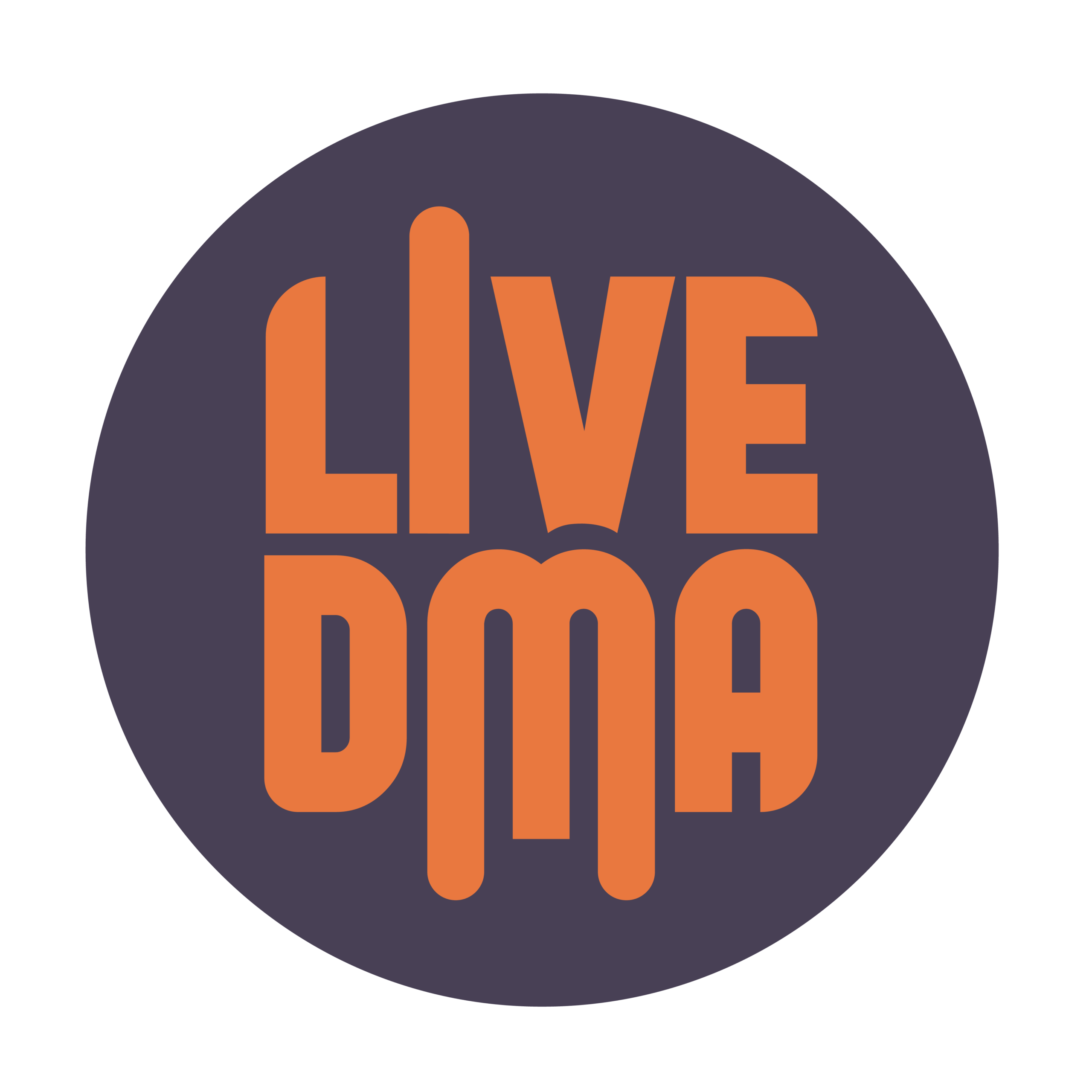“It’s really important for us to be at the forefront on the sustainability and inclusion questions, to inspire others and help with all these things. If we don’t have a sustainable future, we may not have a future at all.”
COVID-19
On this page, you can find resource, best-practices, information and updates relevant for the live music sector on COVID-19.
-
Outraged, fed up, in direct need of support, fighting for their importance and relevance, angry at the unequal treatment they were subject to… The European live music sector went through difficult situations in this COVID-19 crisis. Many live music associations expressed their concerns regarding the mistreatment they were subject to in various campaigns. Once again,…
Read»
-
This publication was developed by Culture Action Europe. It offers an overview of the place of culture in the National Recovery and Resilience Plans (NRRPs) of the Member States of the European Union. In 2020, as an immediate response to the pandemic crisis the EU institutions adopted an one-of-a-kind stimulus package, called Next Generation EU (NGEU). It…
Read»
-
[last update: 12 July 2021] Since the beginning of the COVID-19 crisis in March 2020, live music events all around Europe have been put at a stop or with logistical and sanitary conditions never seen before. In order to investigate how to manage live music events of all formats and settings in a pandemic context,…
Read»
-
Voir en plein écran Based on the information provided by Live DMA members, this map contains the basic material needed to have an overview of the current state of the live music sector in 16 European countries. You can find in this map information from the date of restrictions on public gatherings to the current…
Read»
-
In response to the severe and increasing vulnerability of global nighttime economies and cultures caused by COVID-19, the nightlife advocacy agency VibeLab reunited a set of experts on nighlife governance and urban planning from around the globe to work together on the Global Nighttime Recovery Plan (GNRP). The Global Nighttime Recovery Plan is a collaborative, practical guide for cities. It…
Read»
-
Last update: 29/06/2020 – 14:00 This article presents the different exit strategies for the live music sector in the countries part of the Live DMA network as well as the reactions of our members.
Read»
-
On 8 April 2020, the EU cultural ministers discussed the effects of COVID-19 on the cultural and creative sector in an online meeting initiated by the Croatian Presidency of the Council. In the press conference following the meeting, Commissioner Mariya Gabriel gave an overview of measures initiated at EU level that are relevant for the…
Read»
-
Last update: 03/06/2020 – 16:45 With the restriction of social gatherings and closing down of venues and clubs all over Europe, the COVID-19 crisis has brought up many issues related to event management and cancellation. While many live music scenes struggle to maintain their cash-flow in the green, they are often entitle to reimburse the…
Read»
-
A selection of articles on Corona & the live music sector: Indie venues fight back against coronavirus, IQ Magazine– 19/03/2020 The Value Of Music In Our New Age Of Coronavirus, Shain Shapiro (Sound Diplomacy)– 17/03/2020 Here’s A Music & Cultural Cities Framework We Can All Adopt,Shain Shapiro (Sound Diplomacy) – 25/03/2020 Supporting local venues: ‘The rooms might…
Read»
-
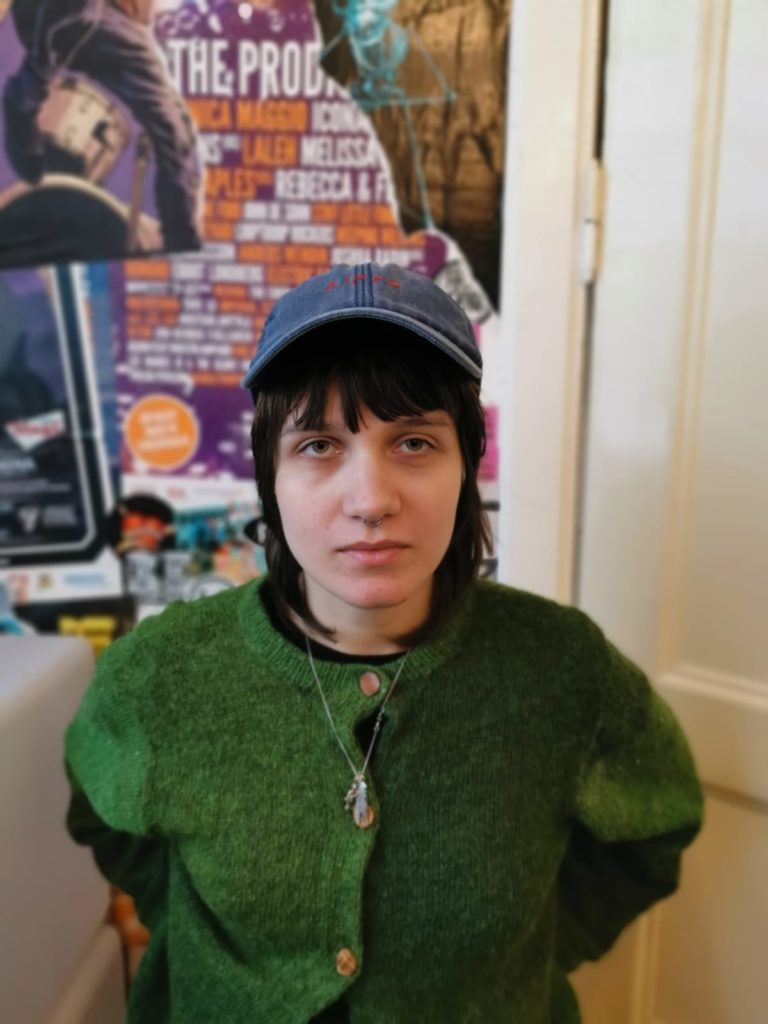
-
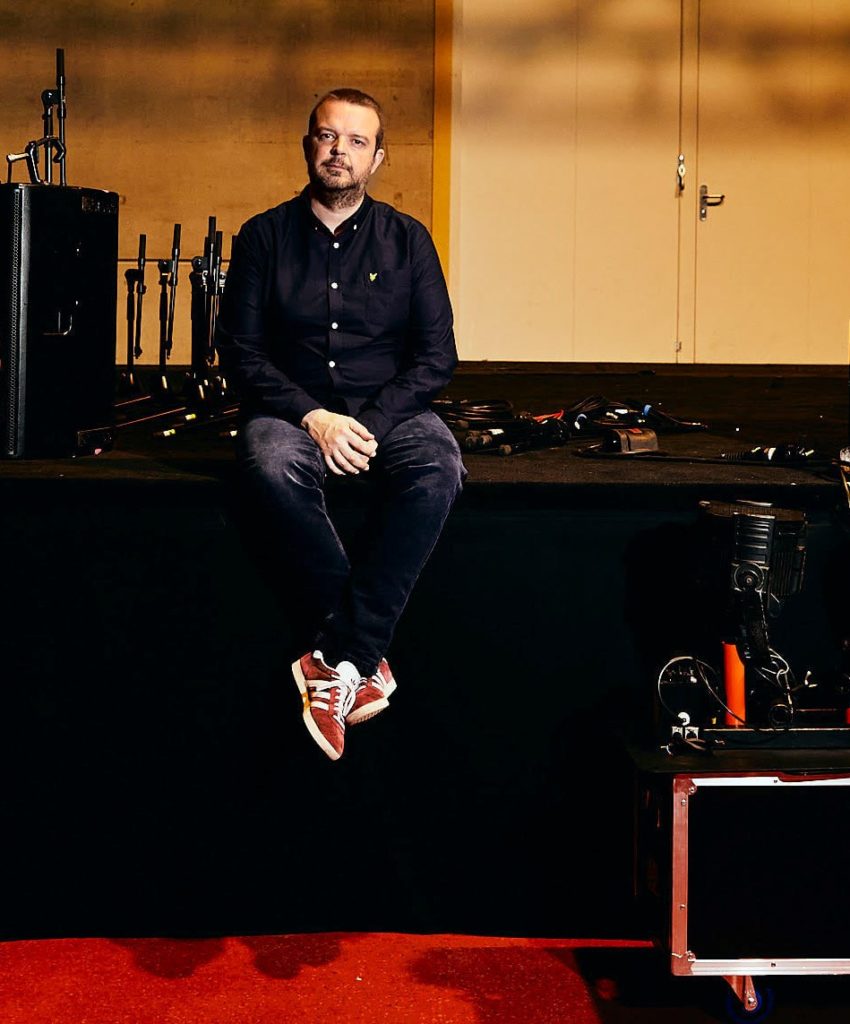
“It’s all about sharing and cooperation!”
-
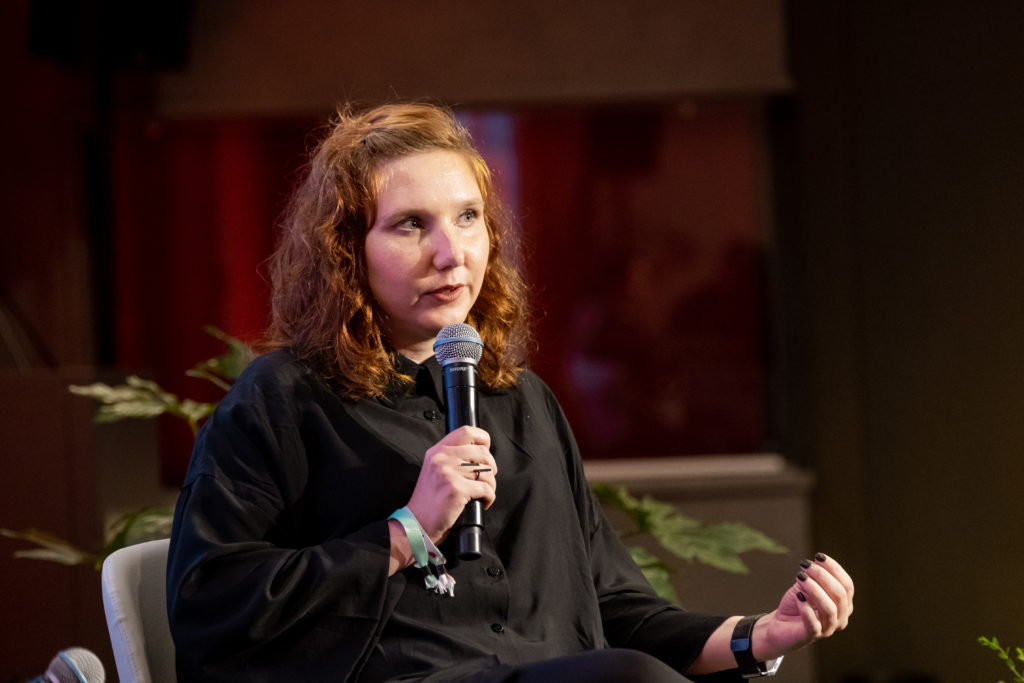
“We need organisations like Live DMA to support our activities. During COVID, it was important to have Live DMA meetings so that we could learn what was going on in the other countries, and that was very helpful when it came to the lobby work on the local level”
-
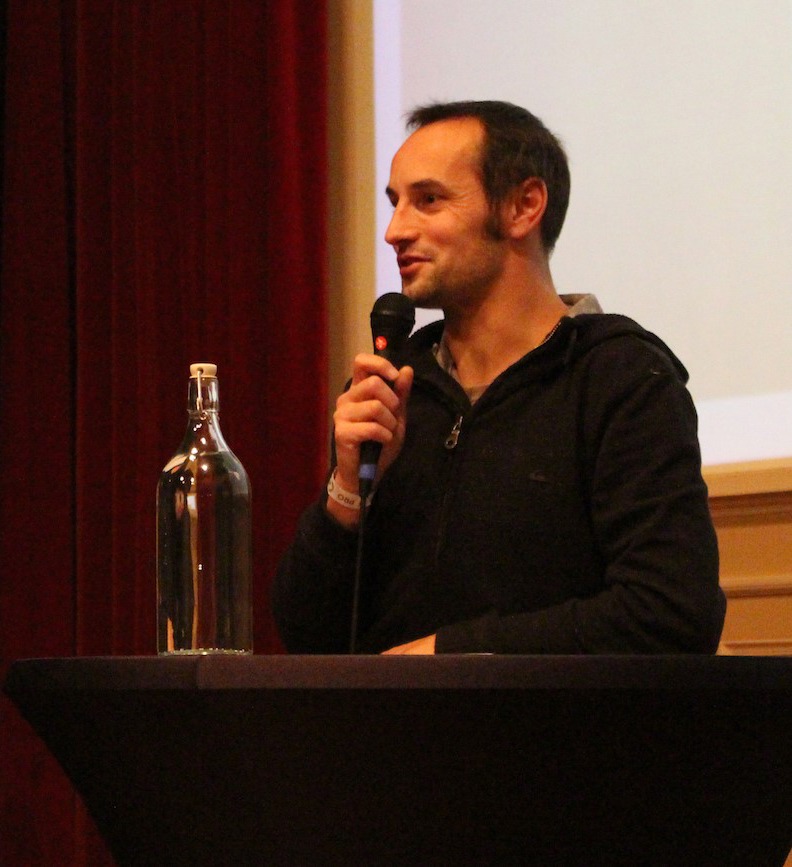
“We have been celebrating the 10th anniversary of Live DMA, a network which was created in 2012 by venue networks from all over Europe. The purpose was to share knowledge and skills with each other, and to set up common projects, and I think we’ve succeeded in doing that!”
-

“I learned to collect and process data with good quality, and also I learned the importance of data to start a dialogue with institutions. Good data gave ACCES a lot of recognition”
-

ʻʼThanks to Live DMAʼs Survey, we showed our government that the more a venue is subsidized, the more money they generate. The Ministry of Culture had little knowledge of our sector. So to present these figures from different European countries was crucial in re-valorising our subsidies.”
